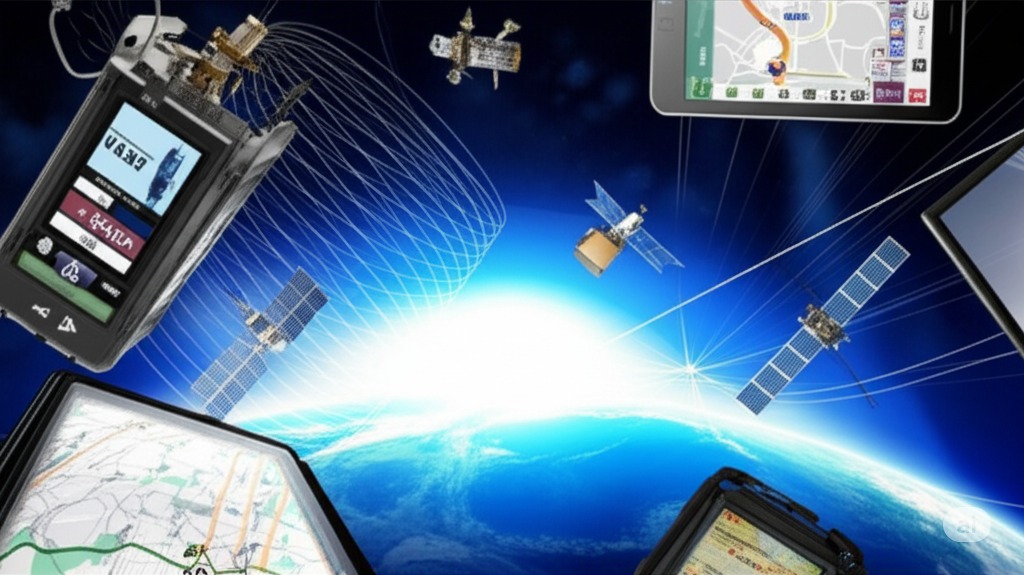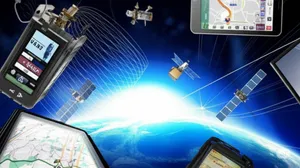GPS Data Analytics
- Real-time data collection capturing location, speed, and vehicle performance metrics
- Historical data analysis identifying patterns and trends for operational optimization
- Predictive analytics forecasting maintenance needs and operational requirements
- Performance metrics tracking fuel consumption, idle time, and route efficiency
- Driver behavior data monitoring safety compliance and performance indicators
- Cost analysis reporting identifying savings opportunities and ROI metrics
- Custom dashboards providing tailored views of critical business data
- Data export capabilities enabling integration with business intelligence systems




